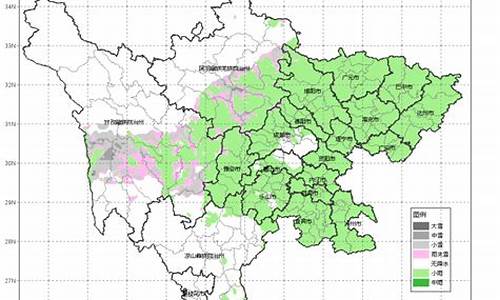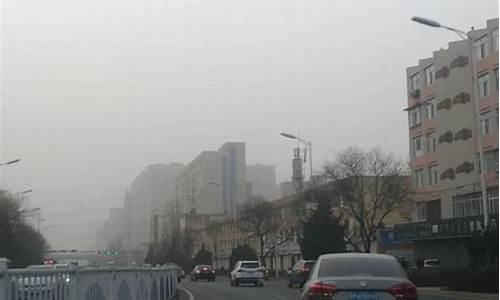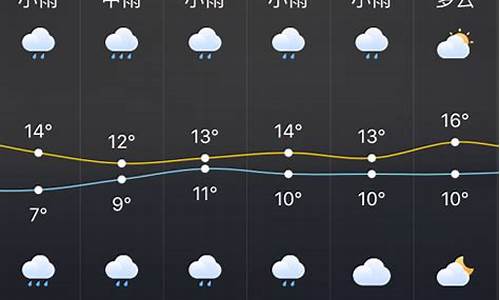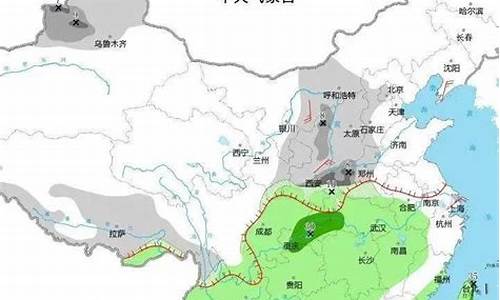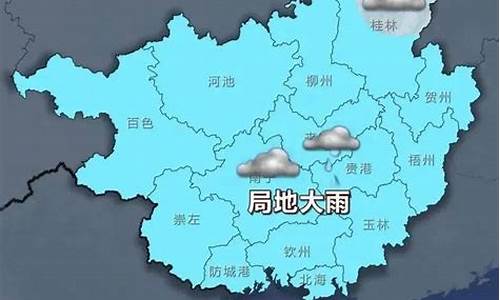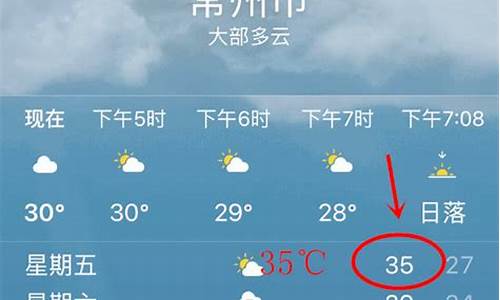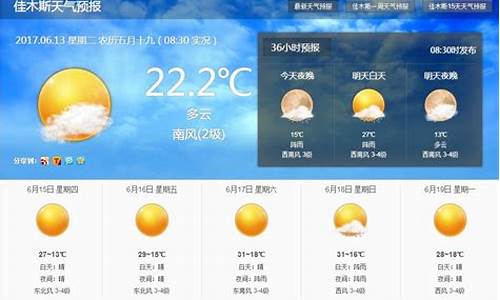关于天气的小文章英语作文_关于天气的小文章英语
1.求一篇关于天气的英语作文,就行秋季的天气
2.根据自己家长一年四季的天气情况写一篇英语作文
3.关于天气和季节的英语作文150子
4.介绍城市天气的英语作文怎么写
求一篇关于天气的英语作文,就行秋季的天气
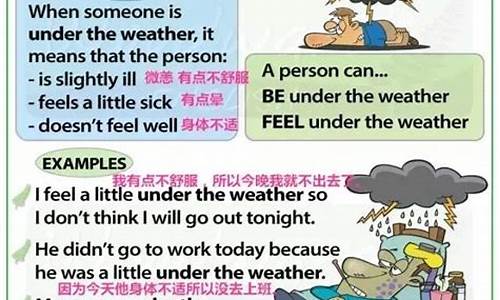
Among the four seasons in the year, my favorite season is autumn. In autumn, the weather is very comfortable. It feels so great after the hot summer. Therefore, I like going outside for hiking in autumn. I can enjoy the beautiful scenery of nature. Besides, autumn is a season of harvest. Farmers are busy with their farm work. After such long time of hardworking, it's time for them to enjoy their fruits of labor. After the harvest, they are going to prepare for the new year. Therefore, harvest means a lot to the farmers, because it is able to bring a good new year to farmers.
一年的四个季节当中我最喜欢的季节是秋天。秋天,天气很舒适。经过炎热的夏天后感觉很棒。因此,我喜欢在秋天外出徒步旅行。我可以享受大自然的美景。此外,秋天是个收获的季节。农民忙于他们的农活,他们开始为新的一年做准备。因此,收获对农民来说意味着很多,因为它能够给农民带来一个美好的新年。
根据自己家长一年四季的天气情况写一篇英语作文
一年四季(The Four seasons)
A year has four seasons. Every season has three months. The weather of one season is different from that of any other. The life cycles of plants are controlled by the seasons.
The first season is spring. The three months in it are March, April and May. During that time we have warm weather and fine days. All plants come to life. Animals wake up from hibernation. It is time for farmers to get ready for their fields.
The second season is summer. The three months are June, July and August. The weather is very hot and it often rains. People can go swimming and sightseeing. It is time for all things to grow up.
The third season is autumn. The three months are September, October and November. The weather becomes cooler and cooler. Leaves begin to fall to the ground. It is the harvest time for farmers.
The fourth season is winter. December, January and February are the three months of that season. The weather is very cold, and most of the plants die at that time. Sometimes it snows. People can enjoy skating and skiing. But winter doesn' t stay with us for a long time, for spring comes again soon.
翻译:
一年四季
一年有四季,每个季节有三个月,每个季节的气候都不一样。生命的轮回由四季控制。
第一个季度是春季。春季的三个月为三月、四月和五月。在这段时间里,天气温暖、晴朗,万物复苏。冬眠的动物们也醒过来了,农民们开始忙农活。
第二个季节是夏季,包括六月、七月和八月。天气非常热,而且老是下雨。人们能游泳、观光。夏季也是万物生长的好时候。
第三个季节是秋季,三个月分别是九月、十月和十一月。天 气越来越凉,树叶开始飘落。这是一个收获的季节。
最后一个季节是冬季,这一季包括十二月、一月和二月。天气非常冷,大多数植物都死了。有时候还下雪,人们可以滑冰和滑雪。但是冬天不会太长,因为春天马上就要来临了。
作文写作方法
1、确定中心,写出深意。我们要着于挖掘所写事件中含有的生活哲理或找出它闪光的地方,反复思考,确定文章的中心思想。即善于从普通的小事中写出深意来。
2、文章的六要素要交待清楚。一件事情的发生,离不开时间、地点、人物、事情的起因、经过和结果这六方面,即常说的“六要素”,只有交待清楚这几方面,才能使读者对所叙述的事,有个清楚、全面的了解。
3、言之有序,条理要清楚。根据所述时间选择合理的顺序来安排材料。一般叙事顺叙、倒叙和插叙三种。
4、详略得当,突出重点。一般事件的材料有主次之分,能体现文章中心的材料是主要材料,这部分要详写,次要内容可略写或不写,主次分明,给读者以深刻的印象。
5、要把事情写具体。能不能把事情写具体,那就看你是不是善于把事情一层层展开记叙,即把事情分为几个阶段,在这几个阶段中写出事情的发展变化。这样,文章的内容才会具体、生动。
6、渲染环境,生动感人。任何事情的发生、发展都离不开环境,抓住环境的特点来写,会很好的渲染气氛,表达感情,使文章更加生动感人。
关于天气和季节的英语作文150子
The hot summer season, hot wind in the air blowing, blowing in the face, but still warm. People because of the hot weather, seems to be absent-minded, I sat,dizzy, as people like to be absent-minded to write composition, feel boring, helooked out of the window.
The park trees, flowers and trees, because the weather is hot, like a child has been criticized as hung his head, become dejected and despondent. The lake is like a mirror, not a ripple. The order of the kinds of trees, perhaps because the weather is too hot, they will be in the blues, a few benches under the willow, willevery time someone come to visit, some people find a shady place, sleeping on the ground. The park of the cicada is particularly much, they kept crying, peoplelike to sing a lullaby, make people fall asleep, can do a good dream.
On the road often sounded the horn, and the car sound, although the weather was very hot, but there are still many car shuttle back and forth on the road,there are many people in the zebra crossing walk. The car with air conditioning,let more hot outside, so that people feel very irritable, a lose one's vitality.
The hot summer brings restlessness, be in the blues all day, really good.
炎热的夏日来临了,空气中的热气随风飘荡,迎面吹来,还是那么热。人们因为天气的炎热,似乎心不在焉,我坐着,头晕晕的,像人们一样心不在焉地写着作文,觉得无聊,便朝窗外望去。
公园里绿树成荫,花草树木因为天气的燥热,像小孩被批评那样耷拉着脑袋,垂头丧气。河面像一面镜子,没有一点波纹。河边的绿树有次序的种着,或许是因为天气太热,它们都无精打采的,柳树下的几条石凳,每隔一段时间就会有人前来光顾,有些人直接找了一块阴凉的地方,睡在了地上。公园里的知了特别多,它们不停地叫着,像在给人们唱催眠曲,让人们入睡,能够做一个好梦。
马路上时常会响起喇叭声,和汽车发动的声音,虽然天气很热,但依然有许多汽车在马路上来回穿梭,斑马线上也有许多人在行走。汽车开着空调,让外面更加炎热,让人们心情也很烦躁,一片死气沉沉。
炎热的夏天给人带来了烦躁,整天都无精打采,真不好。
(温馨提示:雾霾天出行天 猫有美国进口普卫欣可以防止雾霾吸入)
介绍城市天气的英语作文怎么写
The weather is a set of all the phenomena in a given atmosphere at a given time. It also includes interactions with the hydrosphere. The term usually refers to the activity of these phenomena over short periods (hours or days), as opposed to the term climate, which refers to the average atmospheric conditions over longer periods of time. When used without qualification, "weather" is understood to be the weather of Earth.
Weather most often results from temperature differences from one place to another. On large scales, temperature differences occur because areas closer to the equator receive more energy per unit area from the Sun than do regions closer to the poles. On local scales, temperature differences can occur because different surfaces (such as oceans, forests, ice sheets, or man-made objects) have differing physical characteristics such as reflectivity, roughness, or moisture content.
Surface temperature differences in turn cause pressure differences. A hot surface heats the air above it and the air expands, lowering the air pressure. The resulting horizontal pressure gradient accelerates the air from high to low pressure, creating wind, and Earth's rotation then causes curvature of the flow via the Coriolis effect. The simple systems thus formed can then display emergent behaviour to produce more complex systems and thus other weather phenomena. Large scale examples include the Hadley cell while a smaller scale example would be coastal breezes.
The strong temperature contrast between polar and tropical air gives rise to the jet stream. Most weather systems in the mid-latitudes are caused by instabilities of the jet stream flow (see baroclinity). Weather systems in the tropics are caused by different processes, such as monsoons or organized thunderstorm systems.
Because the Earth's axis is tilted relative to its orbital plane, sunlight is incident at different angles at different times of the year. In June the Northern Hemisphere is tilted towards the sun, so at any given Northern Hemisphere latitude sunlight falls more directly on that spot than in December (see Effect of sun angle on climate). This effect causes seasons. Over thousands to hundreds of thousands of years, changes in Earth's orbital parameters affect the amount and distribution of solar energy received by the Earth and influence long-term climate (see Milankovitch cycles).
On Earth, common weather phenomena include such things as wind, cloud, rain, snow, fog and dust storms. Less common events include natural disasters such as tornadoes, hurricanes and ice storms. Almost all familiar weather phenomena occur in the troposphere (the lower part of the atmosphere). Weather does occur in the stratosphere and can affect weather lower down in the troposphere, but the exact mechanisms are poorly understood.[1]
The atmosphere is a chaotic system, so small changes to one part of the system can grow to have large effects on the system as a whole. This makes it difficult to accurately predict weather more than a few days in advance, though weather forecasters are continually working to extend this limit through the scientific study of weather, meteorology. It is theoretically impossible to make useful day-to-day predictions more than about two weeks ahead, imposing an upper limit to potential for improved prediction skill.[1] Chaos theory says that the slightest variation in the motion of the ground can grow with time. This idea is sometimes called the butterfly effect, from the idea that the motions caused by the flapping wings of a butterfly eventually could produce marked changes in the state of the atmosphere. Because of this sensitivity to small changes it will never be possible to make perfect forecasts, although there still is much potential for improvement.
The sun and oceans can also affect the weather of land. If the sun heats up ocean waters for a period of time, water can evaporate. Once evaporated into the air, the moisture can spread throughout nearby land, thus making it cooler.
声明:本站所有文章资源内容,如无特殊说明或标注,均为采集网络资源。如若本站内容侵犯了原著者的合法权益,可联系本站删除。

